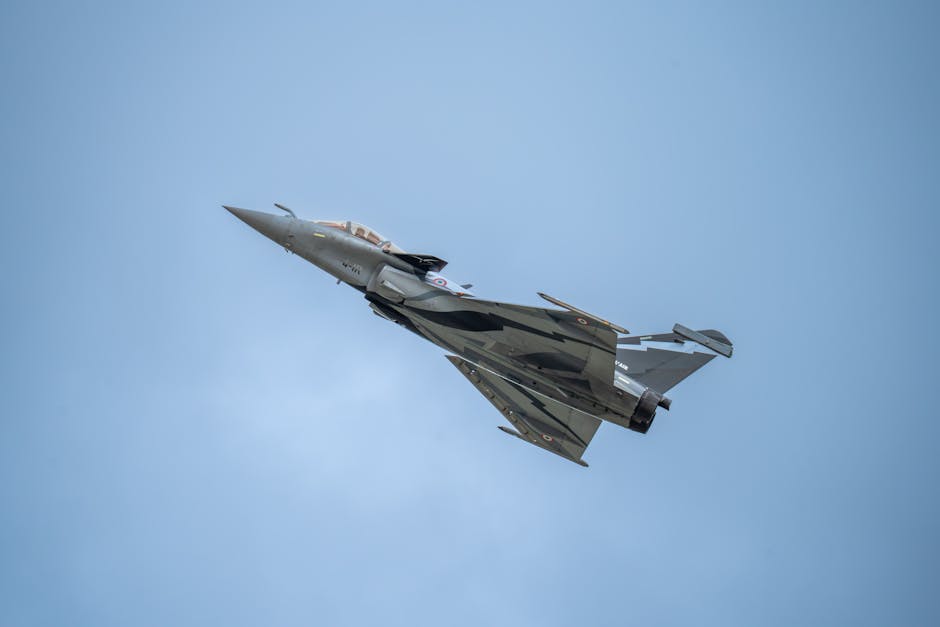The West Bank, a region steeped in history and conflict, remains a flashpoint in the ongoing struggle between Israelis and Palestinians. While the world’s attention often shifts to Gaza or Jerusalem, the West Bank has become a simmering battlefield where violence, displacement, and resistance define daily life. The phrase “the war continues” is not hyperbole here—it is a grim reality for millions of Palestinians living under occupation and for Israelis grappling with security concerns.
A Legacy of Occupation
The West Bank has been under Israeli military occupation since the 1967 Six-Day War. Over the decades, the establishment of Israeli settlements, the expansion of infrastructure, and the construction of the separation barrier have reshaped the landscape. For Palestinians, these actions represent a systematic erosion of their land, rights, and aspirations for statehood. For Israelis, they are often framed as necessary measures for security and national identity.
The international community largely views the settlements as illegal under international law, but they continue to grow. Today, over 700,000 Israeli settlers live in the West Bank, including East Jerusalem, alongside approximately 2.9 million Palestinians. This coexistence is not peaceful; it is marked by frequent clashes, military raids, and acts of violence.
Escalating Violence
In recent months, the West Bank has seen a significant escalation in violence. Israeli military operations targeting alleged militants have intensified, often leading to civilian casualties. Palestinian armed groups have also stepped up attacks, including shootings and stabbings, against Israeli soldiers and settlers. The cycle of retaliation has created an atmosphere of fear and mistrust on both sides.
One of the most troubling aspects of this violence is its impact on children and young people. Palestinian youths, disillusioned by the lack of political progress and economic opportunities, are increasingly joining armed factions. Meanwhile, Israeli children in settlements grow up surrounded by checkpoints and armed guards, their lives shaped by the constant threat of attack.
The Role of Settlements
Israeli settlements are at the heart of the conflict in the West Bank. Built on land Palestinians claim for a future state, these communities are seen by many as a major obstacle to peace. Settlers often enjoy government subsidies and protection from the Israeli military, while Palestinians in the same area face severe restrictions on movement, building permits, and access to resources.
Settler violence against Palestinians has also risen, with reports of property destruction, assaults, and even killings. In many cases, these incidents go unpunished, fueling resentment and further entrenching the cycle of violence.
The Humanitarian Crisis
The ongoing conflict has created a humanitarian crisis in the West Bank. Unemployment rates are high, particularly among young people, and access to basic services like healthcare and education is often limited. The Israeli military’s control over vast areas of the West Bank means that Palestinians must navigate a labyrinth of checkpoints and permit systems just to go to work or visit family.
The psychological toll of living under occupation is immense. Many Palestinians describe a sense of hopelessness and despair, while Israelis in the region live with the constant fear of attacks. The result is a deeply divided society where reconciliation seems increasingly out of reach.
International Response
The international community has repeatedly called for a two-state solution, but progress has been elusive. The United States, European Union, and United Nations have condemned settlement expansion and called for an end to violence, but their influence has waned in recent years. Meanwhile, regional powers like Iran and Turkey have used the conflict to advance their own agendas, further complicating the situation.
For Palestinians, the lack of meaningful international intervention has led to a sense of abandonment. Many feel that their struggle for freedom and self-determination has been ignored or sidelined by global powers more focused on other crises.
The Path Forward
Despite the bleak outlook, there are still voices of hope in the West Bank. Grassroots organizations, both Palestinian and Israeli, continue to work toward peace and coexistence. Activists advocate for nonviolent resistance, dialogue, and mutual understanding, even in the face of overwhelming odds.
However, for peace to become a reality, political leaders on both sides must prioritize the well-being of their people over short-term gains. This requires difficult compromises, a commitment to justice, and a willingness to confront the deep-seated grievances that fuel the conflict.
As the war in the West Bank continues, the world must not look away. The lives of millions hang in the balance, and the stakes could not be higher. The question is not whether peace is possible, but whether the will to achieve it exists.




